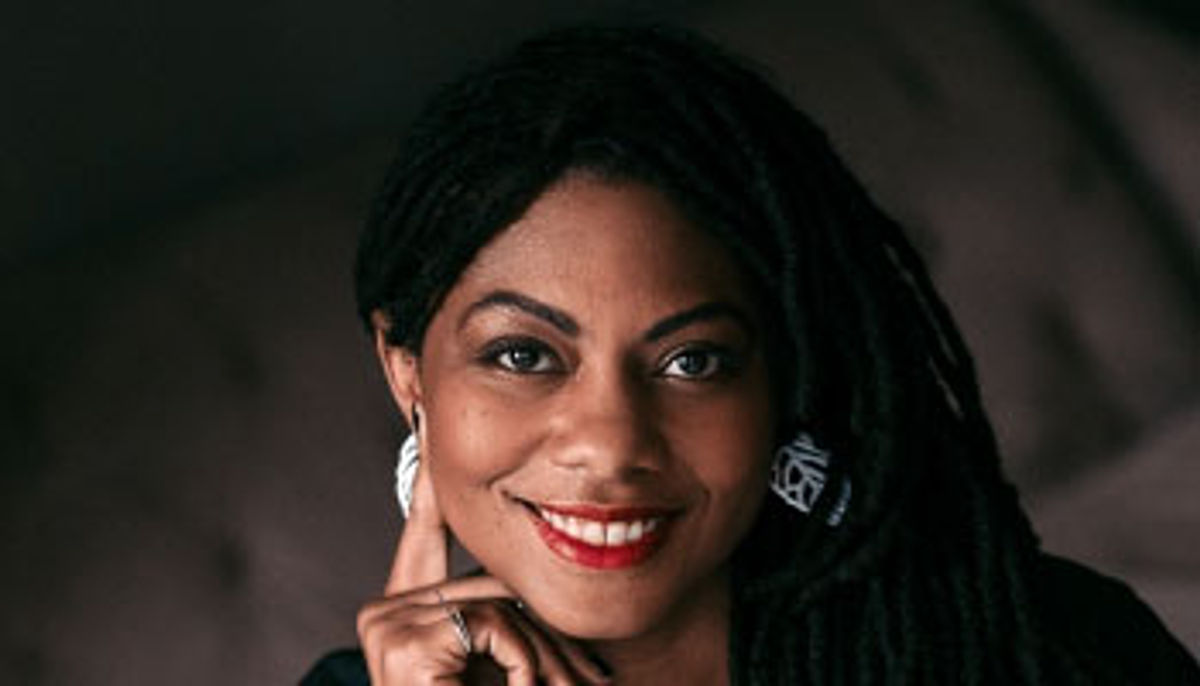Tamara J. Walker is an associate professor of Africana Studies at
Barnard College, co-founder of The Wandering Scholar, and the author of
“Beyond the Shores: A History of African Americans Abroad.”
I often find it difficult to travel to certain places as a tourist. My work as a historian of slavery, gender and race in Latin America takes me to the Caribbean, Central and South America for archival research and conferences where I present findings with colleagues. Which is to say that I’m usually cloistered indoors among dusty old records, in university classrooms or convention centers, surrounded by fellow nerds a world apart from all-inclusive resorts and tourist hotspots.
It’s not that I dislike beaches, warm weather or drinks on a veranda as the sun sets. It’s that I struggle to get into a vacation mindset in the places that I study, especially places that rely on tourism to survive and where racial inequality prevails. I remember when places like Mexico and the Dominican Republic reopened their doors to foreigners during the peak of the pandemic (prior to vaccine availability), simply because their economies depended on it. At the time, I felt a mix of worry and relief: worry for the resort employees who were risking exposure to illness despite local hospitals being stretched to their limits; relief that those employees were finally able to get back to earning much-needed paychecks. I felt particularly glad for the women among them, since their economic self-reliance has always been crucial to their ability to escape violent domestic situations.
• Related: Three Black-owned hotels that empower their Caribbean communities
Still, I couldn’t imagine going to those resorts myself. I couldn’t imagine exposing vulnerable people to a deadly virus for the sake of my own pleasure. As I looked at pictures of mask-less visitors ordering drinks at swim-up bars from masked bartenders, I thought about a line from Jamaica Kincaid’s “A Small Place,” in which she meditates on the impact of tourism on her home island of Antigua: “You must not wonder what exactly happened to the contents of your lavatory when you flushed it,” she writes. “The contents of your lavatory might, just might, graze gently against your ankle as you wade carefree in the water, for you see, in Antigua, there is no proper sewage-disposal system.”
Even all these years later, I struggle with the idea of being a tourist in these places. Of contributing to overtourism and taxing already over-burdened sewage systems. And, as an African American, I also struggle with the idea of being in hospitality environments where most of my fellow guests are white, and most of the people serving them look like me and my family. I don’t find that relaxing.
• The Folo podcast: Tours that celebrate Black heritage
I am not alone in my thinking. From my work with my nonprofit, The Wandering Scholar, which has the dual mission of providing travel experiences to low-income high-school students and of providing programming and content that embodies our vision of engaged, globally minded citizenship, I know that a lot of people want to be responsible tourists. They want to do as little harm as possible to the places they visit, to have meaningful encounters with locals in and outside of their hotels and to link travel with their everyday progressive politics. It’s just hard sometimes to know how.
Recently, when a group of friends wanted to go to the Caribbean coast of Belize, I decided that I had had enough of late winter in New York City and set out to join them. I had my usual mix of concerns but was delighted to find that our hotel offered opportunities to learn about the people in the community we were visiting. This part of Central America, together with Honduras, Nicaragua and Guatemala, is home to the Garifuna people, who descended from West Africans fleeing slave ships and the indigenous populations who offered them refuge and support in fighting off enslavers.
• Forum: Are you an agent or an advisor? Why your answer matters
Our hotel offered a cooking class led by a Garifuna chef who led us in preparing a stew called hudut, made with fried fish in a broth of coconut milk, okra and peppers and served with a side of mashed plantain. As we fried the fish in coconut oil over a wood stove, we learned about the African origins of okra, which we recognized from our own Southern grandmothers’ cooking, and that young boys and men typically take on the work of mashing plantains with the large mortar and pestle we were taking turns straining to use.
The next day, we rented a couple of golf carts to go into the town of Hopkins, where we stopped by Ella’s Cool Spot for drinks, dinner (more hudut for me) and live music by the water, where we were among a mix of fellow visitors and locals of all ages. As children of all races ran around the tables while waiting for their food to arrive and couples danced under a gentle ocean breeze, I felt like I had finally found a way to fully relax.

